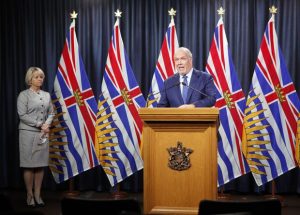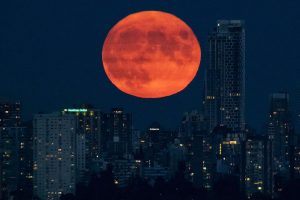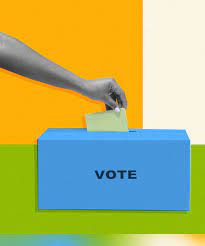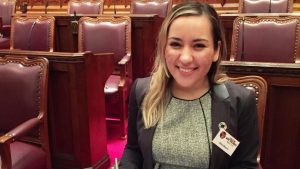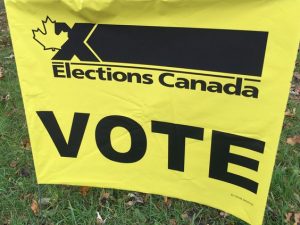Prof. Gerald Baier comments on schisms between federal and provincial wings of the NDP
“When the NDP is in government, they tend to face a bit of criticism from the left, the farther left, even though they are the farthest left of the mainstream parties, because governing requires some degree of compromise,” Prof. Gerald Baier said.
Prof. Gerald Baier comments on Erin O’Toole’s campaign appearances on the North Shore
Gerald Baier, a North Shore resident and professor of political science at University of British Columbia, said O’Toole’s stop on the North Shore is indicative of the party’s desire to win back those seats. “We have 17 days left, so every place they go is very symbolic of where they’re hoping to make gains,” he said.
Professor Emeritus Richard Johnston says Liberal and NDP supporters more likely to use mail-in options to vote
“I would think parties would be unwise to certainly motivate their strategies and their logistics all that dramatically because of the possibility of mail-in ballots. They still need to get millions of voters down toward the end of the campaign,” Professor Emeritus Richard Johnston said.
Vancouver has the biggest pool of unsafe seats in 2021 election says Prof. Gerald Baier
“By the time the numbers are tallied it will come down to what happens in a province that’s really competitive between all three parties,” Baier said, adding B.C. sent an “eclectic mix” of MPs from all parties to Parliament in 2019.
Polling pegs federal Liberals in majority position, but Professor Emeritus Richard Johnston thinks Conservative support is underestimated
“[There] are three-way places [in Metro Vancouver], and the NDP is relevant as well,” Richard Johnston said. “So you have two possibilities: that the NDP’s growth could simply mean that they take the seats, rather than the Liberals, and the other possibility is that the NDP’s growth just splits the vote and hands seats back to the Conservatives.”
Wait, Why Are We Having A Federal Election Again?
UBC Political Science Prof. Allan Tupper says a shot at a majority government based on how the Liberal government has handled COVID-19 is why Justin Trudeau called a federal election for September 20.
Prof Kathryn Harrison says while Canada talks a mean game on climate, we have not delivered
Prof Kathryn Harrison points out that Canadian governments have announced many reduction targets since the late 1980s but have never done what is needed to meet them.
Dr. Richard Price’s class Professional Skills in Political Science connects our students and alumni
Dr. Price’s returning course provides students with answers to how they can apply the skills they learned in Political Science and International Relations.
UBC Political Science professors weigh in on Canada’s looming federal election
Professors from UBC Political Science including Dr. Allen Tupper, Dr. Richard Johnston, Dr. Kathryn Harrison, and Dr. Maxime Héroux-Legault discussed B.C.’s role in the anticipated fall Canadian election.
Prof. Gerald Baier says chances are high Canada will have an October election
“It’s kind of the country’s worst-kept secret,” said Prof. Gerald Baier. “When you’re a minority government, the chance that you can turn that into a majority, even a squeaky majority, is almost too hard to resist.”
